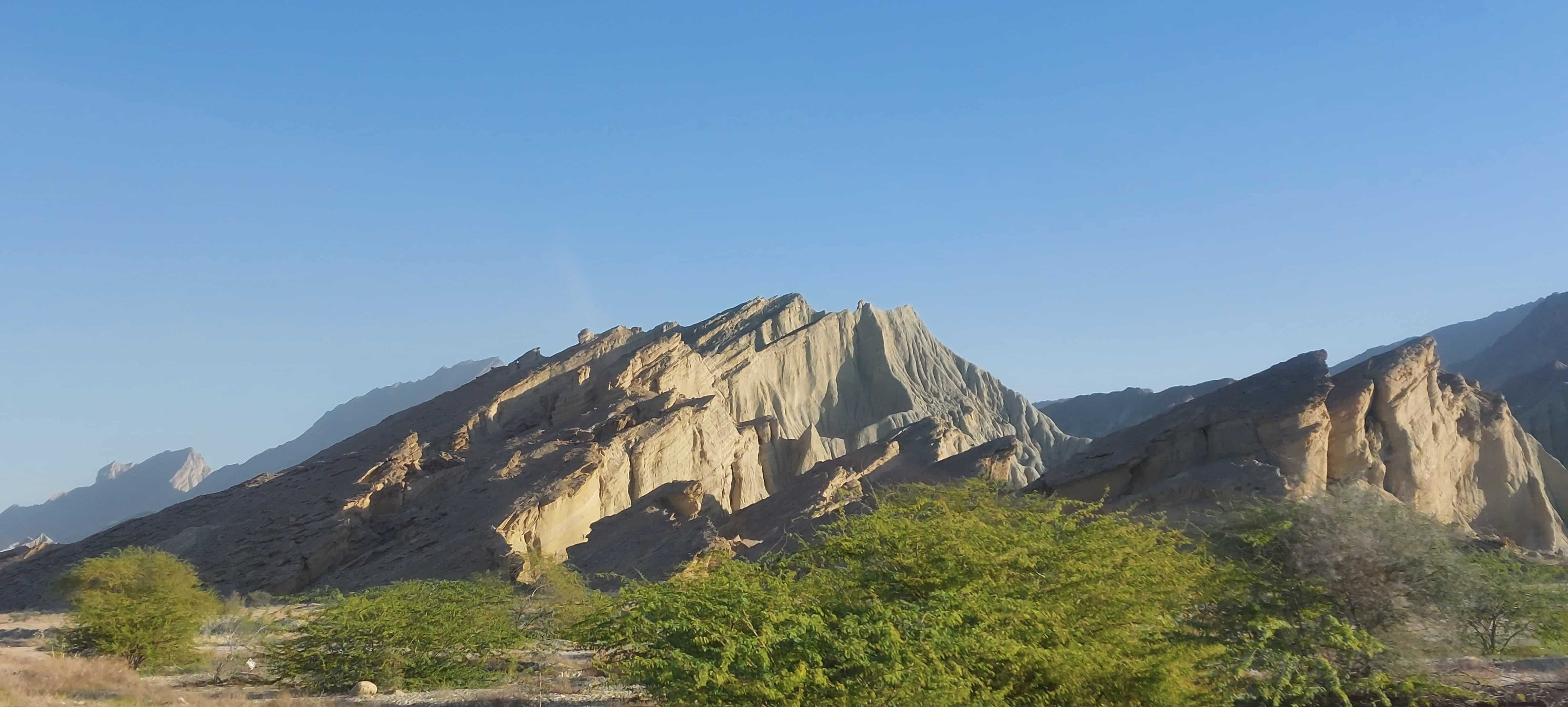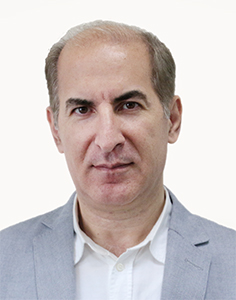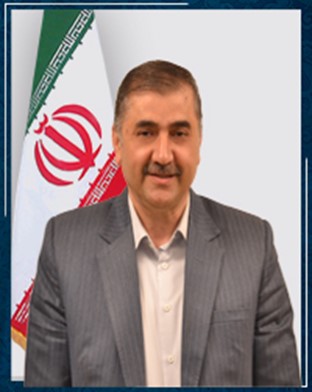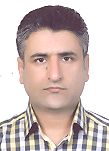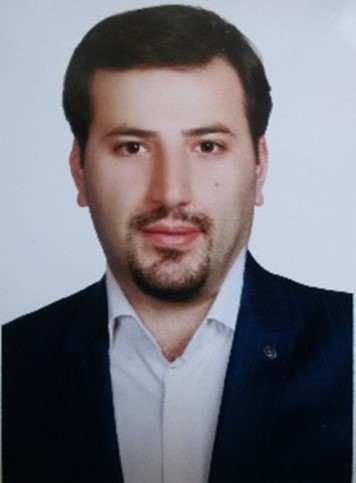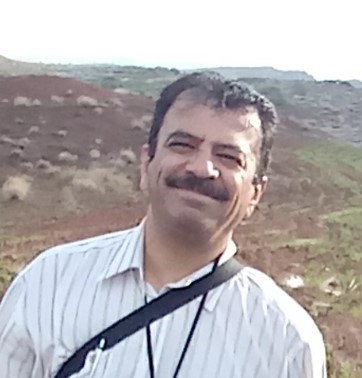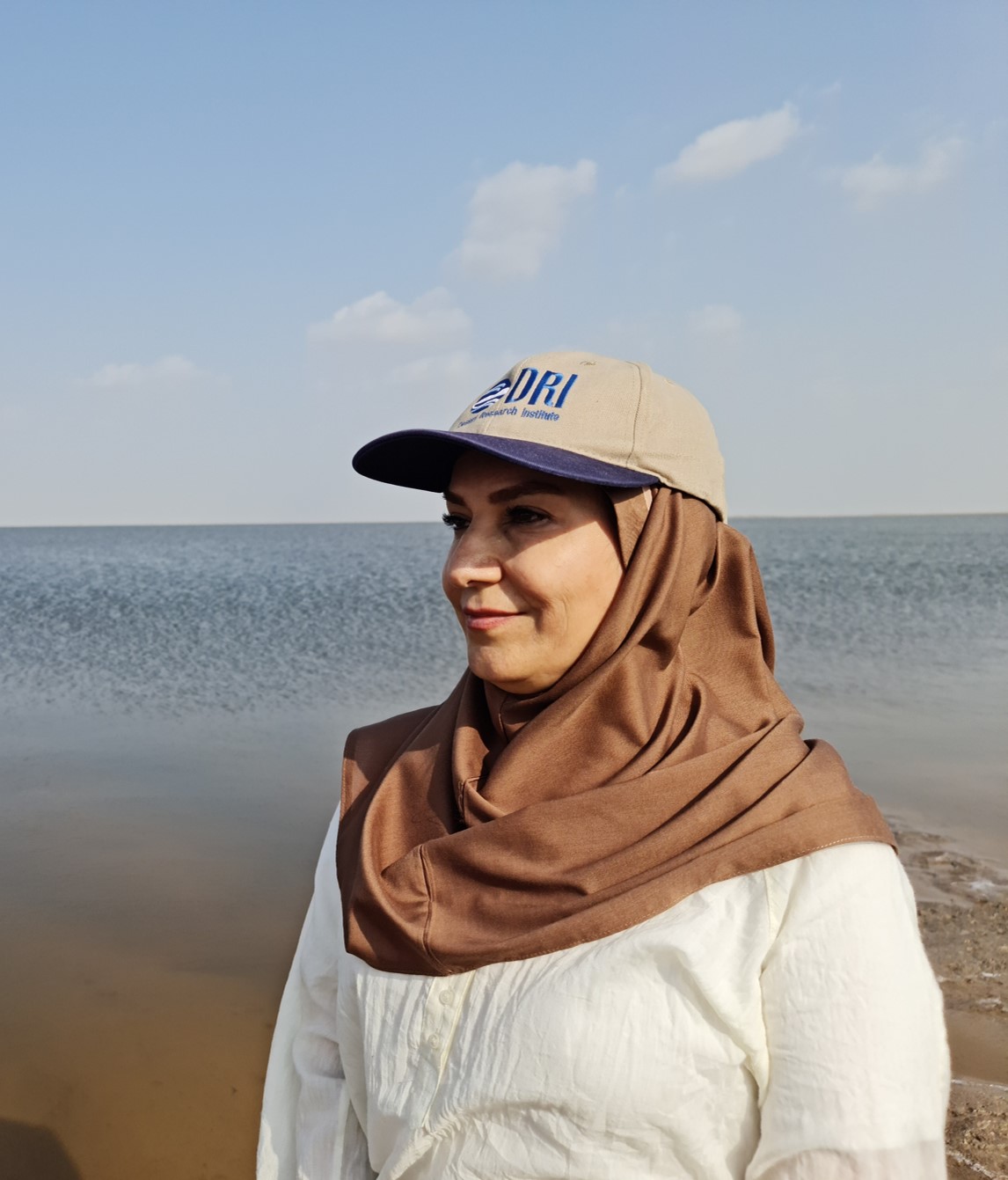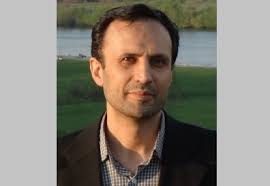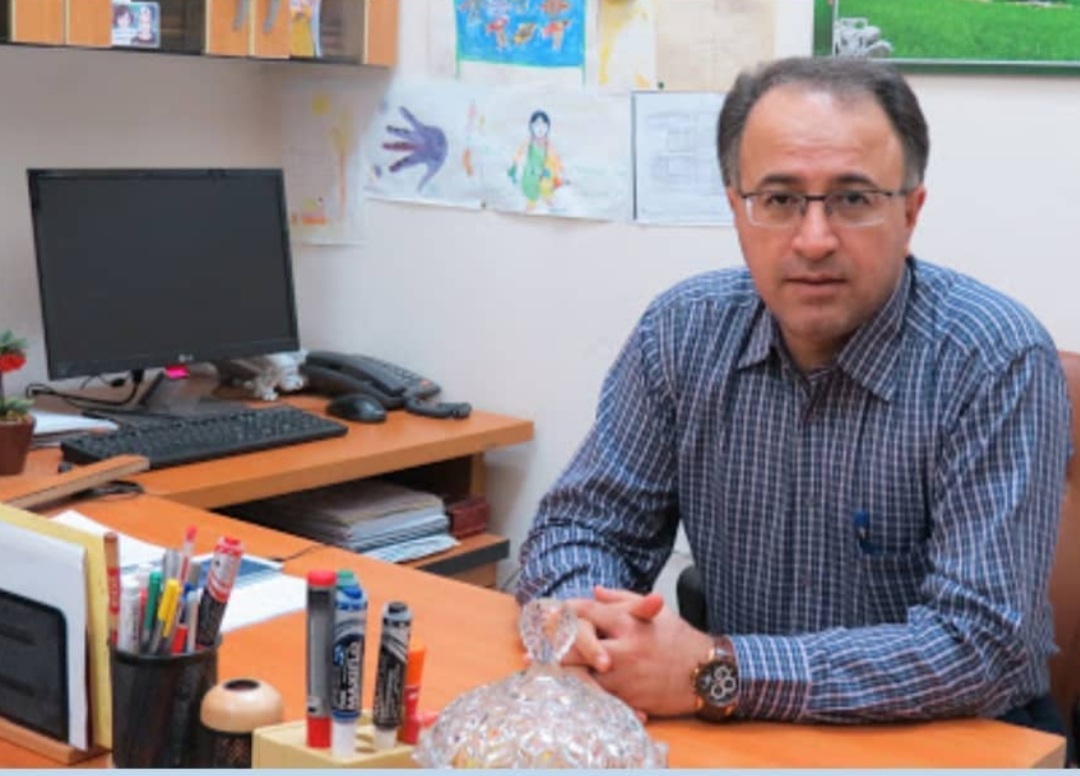Mission and goals of the UNESCO
The UNESCO Chair on Coastal Geo-Hazard Analysis( CGHA) is established as a competitive policy of labelling Integrated Geo-Hazard Research Site with main objective as:
1) to provide new operational conditions for translational research in coastal geology in order to optimize and accelerate the production of new knowledge
2) to promote the dissemination and application of this knowledge in the coastal hazard assessment and sustanable development and increase the resilience of communities living on the shores.
The real focus of skills in the UNESCO Chair at CGHA, hosted by the Research
Institute for Earth Science( RIES) which is affiliated by Geological Survey of Iran( GSI) , brings together relevant professionals from universities, research institutes, as well as public and private research organizations, with the aim of public convergence, transfer, sharing and localization of knowledge.
Through
the diverse approaches of a large scientific networking, the CGHA Chair
covers the whole range of research for which the ultimate goal is the
improved understanding, training, monitoring and prevention of the
natural hazard in onshore and off shore as well.
The UNESCO Chair on Coastal Geo-Hazard Analysis after an initial
stablishment dated on December 2021, was launched oficially at February
2022.
The main sectors of the chair are composed of a scientific councils on an international scale and an executive council on a national scale.
Description of the tasks expected from the Scientific Council, strategic policies, spiritual and facilities support, convergence and integration of international powerity in the academic, educational and research sectors in line with UNESCO missions.
Description of the expected tasks of the Executive Council and its specialized sub-committees with the following titles: International Relations; Education, liaison with UNESCO universities, research centers and chairs; Publishers; Data center, catalogs and websites and subcommittee for research on the
implementation of macro policies approved by the Scientific Council, internal and external networking, attracting spiritual and material support, management and executive support based on the subject and mission of each subcommittee, compiling an annual training calendar And periodic reports are in line with UNESCO standards.
Description of the expected tasks of the Executive Council and its specialized sub-committees with the following titles: International affairs; Education, liaison with universities, Research centers and UNESCO Chairs; Publication; Data center and websites as well as subcommittee for research on the implementation of policies approved by the Scientific Council, internal and external networking, attracting spiritual and financial support, visa
service, logestic facilities, management and executive support based on the subject and mission of each subcommittee, compiling an annual training calendar and periodic reports are in line with UNESCO standards.
The Executive Council based on: the Chairman, the Secretariat, the Steering Board and the specialized sub-committees.
The responsibility of the board of directors, headed by the executive
director, is to make policies in the method/timing and supervise the
performance of the sub-executive committees and how to achieve the goals
of the chair in accordance with the mission announced by the scientific
council.
The structural link between the members of the Executive Council and the
specialized committees, both inside and outside the Executive Council, will be the Secretariat.
UNESCO Chair on Coastal Geo-Hazard Analysis
